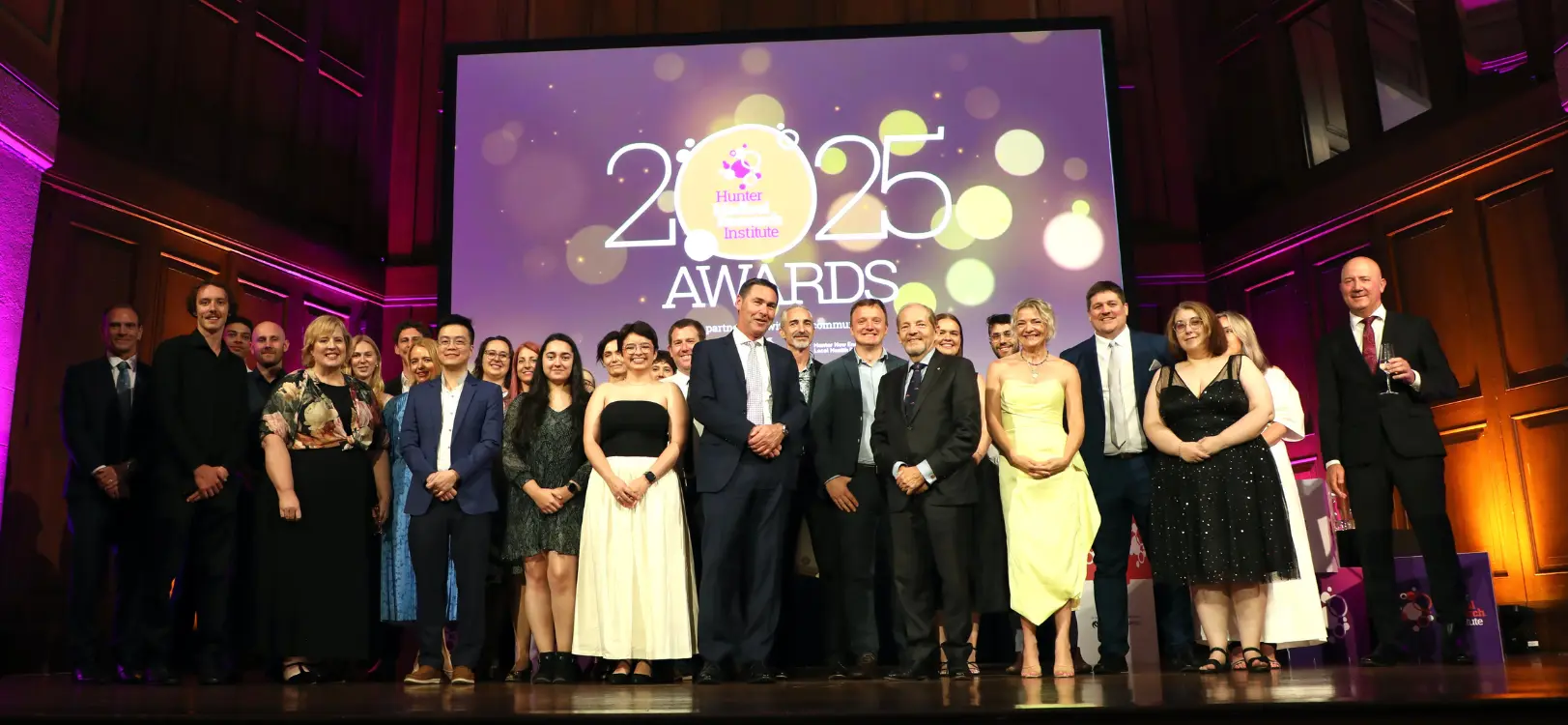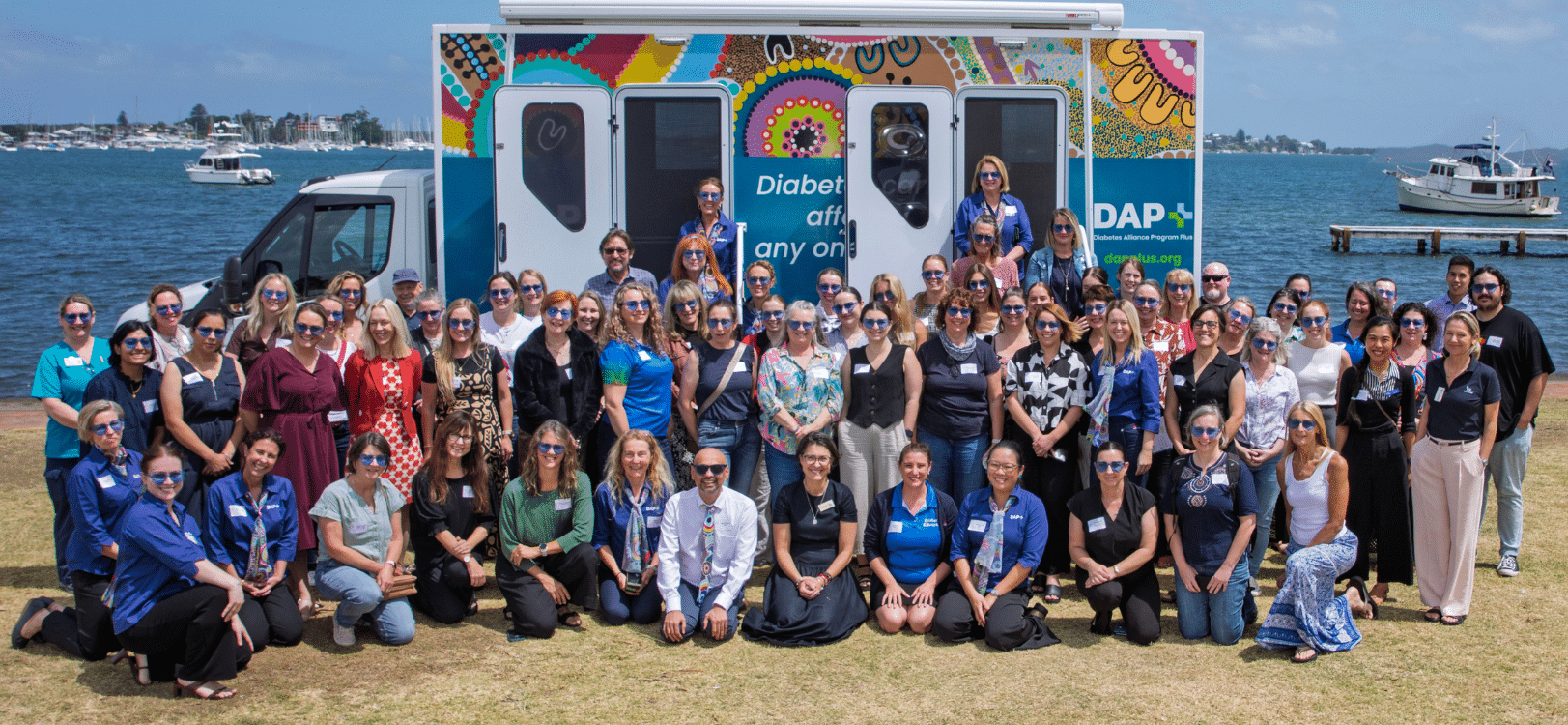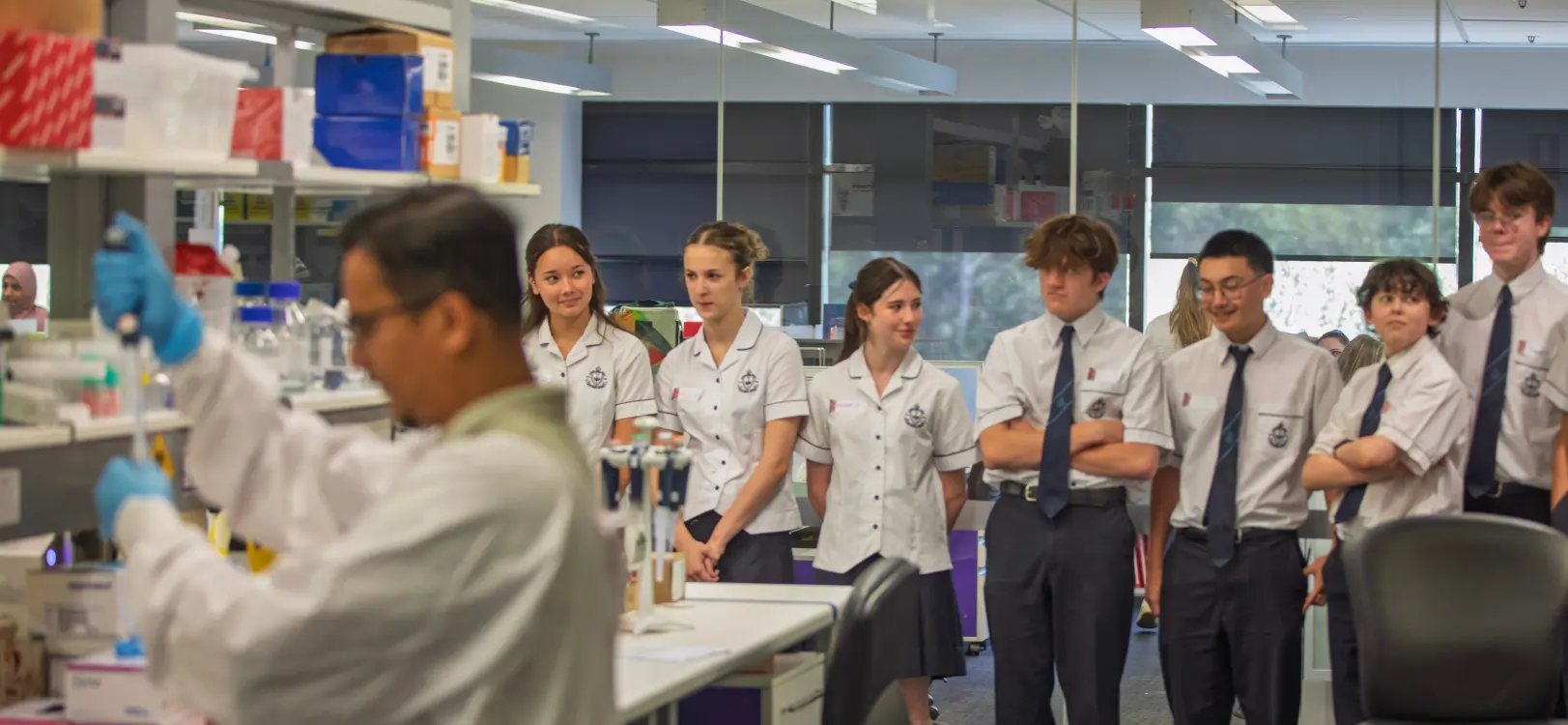Professor Aaron Sverdlov is a cardiologist with special interest in heart failure and cardio-oncology (cardiovascular complications of cancer therapies) at Hunter New England Health.
He is a tenured Professor, Director of Heart Failure and co-Director of Newcastle Centre of Excellence in Cardio-Oncology at the University of Newcastle, Hunter Medical Research Institute, Hunter New England Health and Calvary Mater Newcastle.
Professor Sverdlov received his medical degree from the University of Adelaide in 2000, Fellowship of the Royal Australasian College of Physicians in 2007 and PhD, also from the University of Adelaide, in 2012. He has held public consultant appointments since 2008 and moved to Newcastle in 2017 to take on a position as the Director of Heart Failure Service.
He is a nationally and internationally recognised leader in cardio-oncology, and a clinician-scientist with track record in basic through to clinical research. He is a current Heart Foundation Future Leader Fellow, and a past NHMRC CJ Martin Fellow and American Heart Association Postdoctoral Fellow.
Professor Sverdlov is a member of the joint Clinical Oncology Society of Australia and Cardiac Society of Australia and New Zealand Working Group on Cardio-Oncology and co-chair of the Australian Cardiovascular Alliance Cardio-Oncology Working Group. Internationally, he is a member and Australian representative on the European Society of Cardiology Study Group on Cardio-Oncology and Cardio-Oncology Council Biomarker Study Group, International CardioOncology Society Scientific & Research Executive and Global Cardio-Oncology Registry Scientific committee.
He co-authored a number of cardio-oncology guidelines and position papers.








